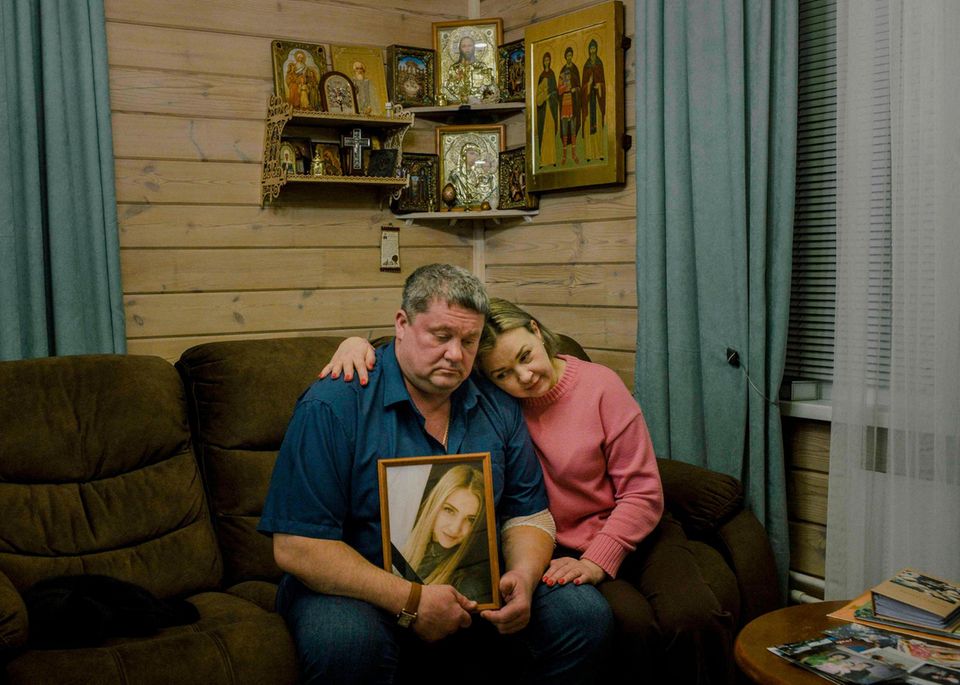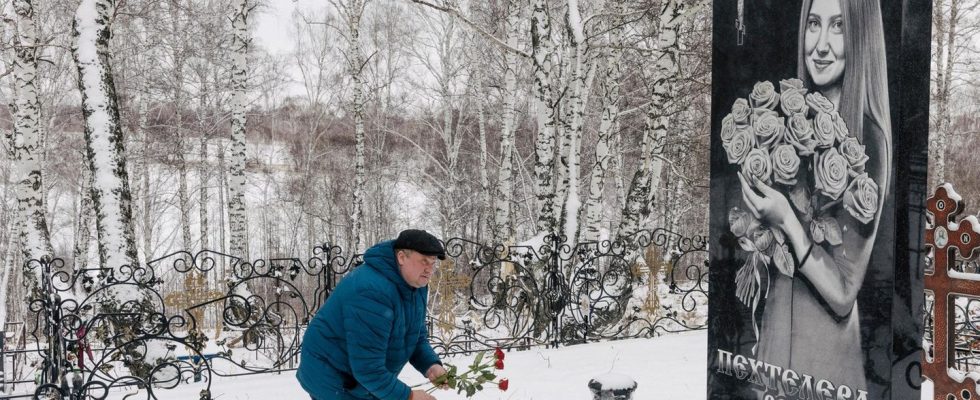Guilt without punishment: Because Russia needs soldiers, convicted murderers were released. What does this do to the relatives of the victims? A visit to Siberia.
At some point, his daughter’s murderer simply disappeared. Supposedly he had disappeared, it must be more precise, because Vladislav Kanjus, sentenced to 17 years in prison for the murder of 23-year-old Vera Pekhteleva, had not escaped from the prison camp. The authorities simply acted as if they did not know where the prisoner was. As if the system had simply swallowed him.
Yevgeny Pekhtelev, Vera’s father, had written to all kinds of authorities at the time: to the prison authorities, to investigative committees, even to Vladimir Putin himself. Nothing. The prisoner did not even appear at the final appeal hearing. Actually, he should have been connected via video from his penal colony. Instead, the authorities presented a note: “I ask that you negotiate without me,” it said, written neatly by hand. The judge didn’t know where the prisoner had written these lines either. At this point, Kanjus had long since been acquitted.
Last November, Pekhtelev, the victim’s father, received a letter from the prosecutor’s office: “According to a decree of the President of the Russian Federation, WR Kanyus was pardoned on April 28, 2023.” He had only served three of his 17 years in prison.
Pechtelev is still stunned to this day: “How am I supposed to live with the fact that my daughter’s murderer has been released!” he exclaims. “He is free, and my child lies underground!” A convicted murderer pardoned by Putin because he went to war – Pechtelev never imagined that such a thing was possible in his country.

Father Yevgeny Pekhtelev and stepmother Svetlana with a picture of Vera
© Nanna Heitmann / Magnum Photos
Fight for justice
Yevgeny Pekhtelev is sitting in the dining room of his house in the small Siberian town of Kiselyovsk, with files from the trial lying in front of him. Pechtelev had the house built himself. He used to work as a miner; Kiselyovsk is one of the most important coal cities in the country. Today he and his brother trade in cars and spare parts. The fight for justice has cost them thousands of euros; for years they have been paying for lawyers and going public, and that is also one reason why Vera’s murder is now well known in Russia. “We’re not giving up,” says Pechtelev.
At first, of course, it wasn’t even possible to think about it amidst all the sadness, he says. After Vera’s murder, Pechtelev could hardly work; he lay on the sofa and thought that it wouldn’t be bad if death would just release him. He had nowhere to escape the pain. “I woke up,” he says, “and the tears came automatically.” His ex-wife Oksana, Wera’s mother, could hardly stand on her feet for a while. The pain is still there now, but at some point the anger came along. And the anger no longer leaves the family.

